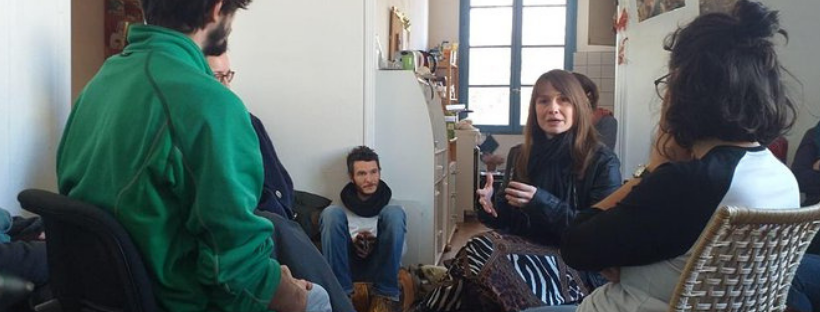RE-HUMANISING THE SYSTEM – POLICY AND PRACTICE BRIEFING

“Nobody has a voice – only those in power at the unemployment services. With one strike of a pen they mess up your lives.”
Positively or negatively, services have direct impact on people’s lives and this means that the people working in services, regardless of position, have a relative degree of power. Power isn’t necessarily a bad thing either. Having the power to change something for the better and using such power to do so, is something we should all be striving to do in our lives. Where power is problematic, is when it is distributed in vastly inequitable ways. It is problematic when people making decisions – those with the ‘pen’ – make such choices at a distance from the people whom those decisions affect. It is problematic when this void leads to decision-making without empathy and a prioritising of process over people. Ultimately this leads to poor decision-making and ineffective services. Our work across the UK and Europe involves gathering stories about how people experience the world.
Over the last couple of years, we’ve noticed a concerning trend amongst a significant proportion of people’s stories when they are talking about experiences of services. These stories span different communities, countries and sectors and collectively they have shown us that we need to ‘rehumanise’ services and put people back at their centre. In many instances, process has replaced common sense, and protocol has replaced humanity. In the context of the COVID-19 pandemic, this need to re-evaluate how our services function has never been greater. Physically we may be more distanced than ever before, so we must work harder to build connections at a human level. In short, we must step out from behind the spreadsheet and connect at an emotional level in order to move forward. This briefing therefore argues that services should focus on the building of relationships, not the building of systems.